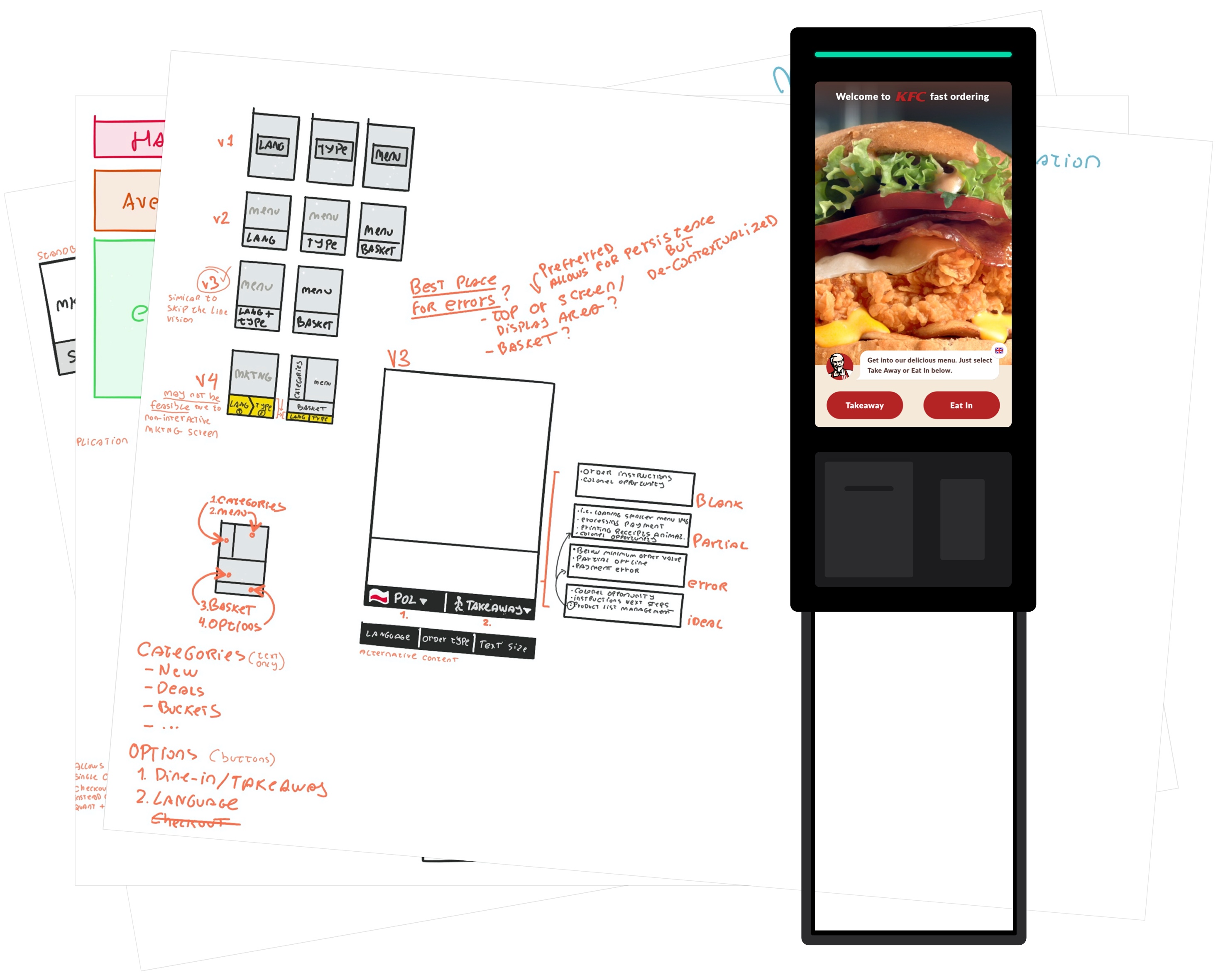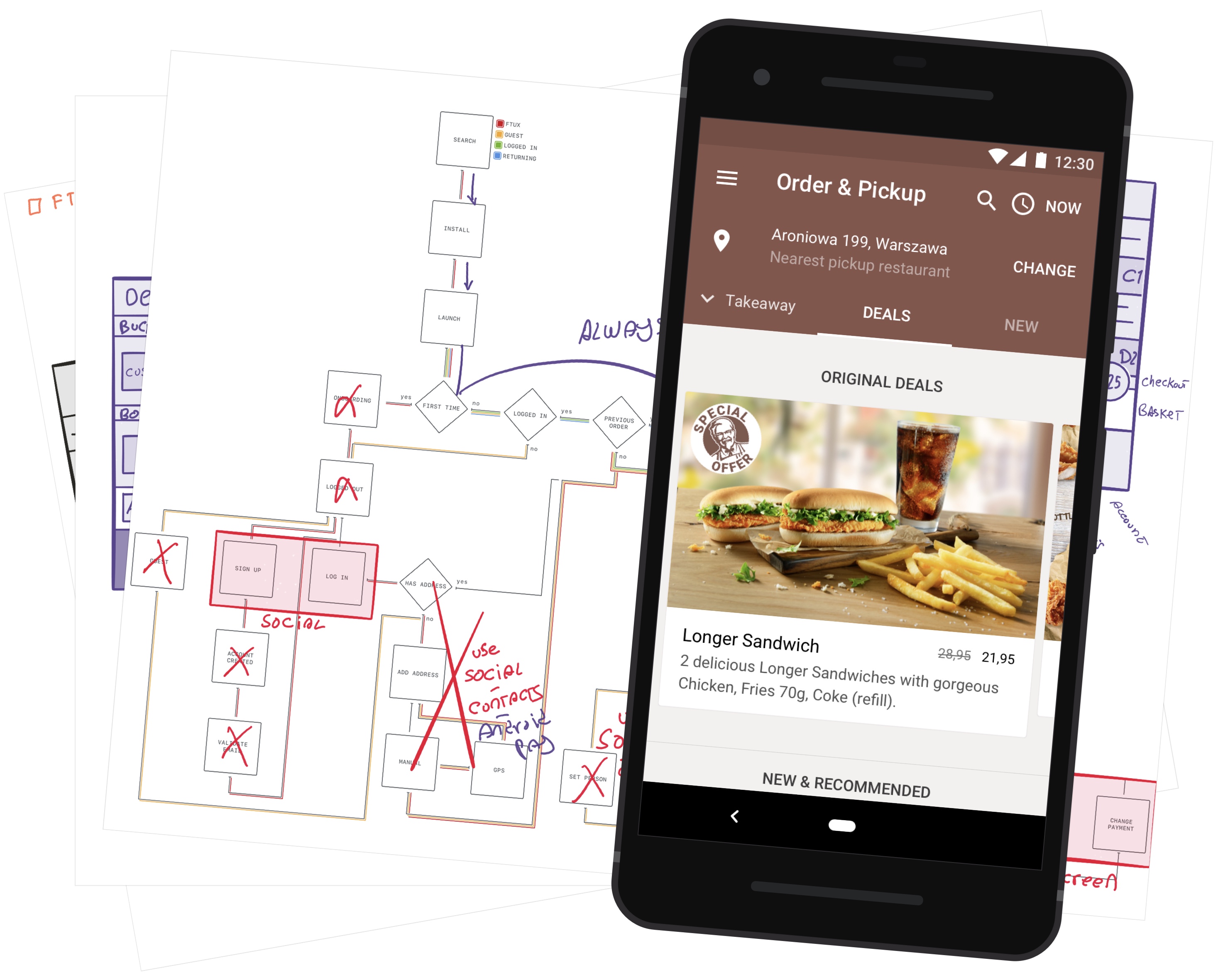If you’re a fan, you might’ve heard of the Star Trek characters providing advice on Twitter. Accounts like Picard, Worf, Data, Riker and more.
Sadly, there’s no Deanna Troi tips account.
Deanna is an empath, she can feel the mental and emotional state of other people.
That ability is used to the Federation’s advantage during communication and negotiations with alien races, it allows them to see the full person, avoid deceit.
But she also acts in a scenario that’s closer to us, where people don’t surface their emotions not due to ill intentions, but due to external factors leading to stress, biasing one’s behaviors.
You see, we’re all humans, and as such, we are not beings of pure rationality, and that’s fine because we need them to make decisions that help us survive. Article: Decisions are emotional, not logical
Biological and Technological Message
Deanna’s abilities are explained as being a biological trait of her race, the Betazoids.
The interesting thing is that - unlike all of the other supporting plot devices like food replicators, transporters, which can be simplistically perceived as technological achievements, Deanna’s abilities and position are, in fact, product of their cultural sophistication.
That sophistication is the real message in Star Trek and one we can easily replicate (see what I did there?).
Looking at Deanna again, the characters in the series trust her with their internal emotions and even powerful figures like Picard - Captain of a flagship starship with a crew complement of 1014 people and with a bold mission, seek her advice.
But isn’t she just a…
Yes, she’s a Counseling Psychologist.
But she is the Ship’s Counselor, her role is not as formal, shrouded with formality, or performed in extreme situations.
She’s a professional friend, always in the background, her role clearly denoted, and presence intentional, planned.
By being always present, she can be aware of conditions before they manifest themselves. And being an outside observer helps to make clear decisions about when and how to help.
By having a clear role, she is more likely to procured by people who know they need help, maintaining professionalism and doctor-patient confidentiality. People who seek her know she can be trusted.
The nature of her presence is intentional, meaning someone recognized the group had the need and could benefit from her presence.
It’s the intention that counts
So why am I talking about Counselors, friends, relationships in the context of Management?
Because being part of an organization should be like being part of a healthy family or group of friends.
The advantages of a group that is self-supported, driven from the inside, and its members can relate to each other can be summarized to a better quality of life, and higher quality work.
Trust is crucial, and for trust to exist we need to communicate, be honest and wish for such environment.
Many people have highlighted this over the course of the last centuries, but evolution isn’t a waterfall or product of careful planning.
Small localized actions and ideas eventually create enough critical mass to produce a change in the whole.
Nikola Tesla’s motivation was to accelerate the Human race through his inventions and philosophy, removing barriers, distance that cause distrust and friction, prevent us from improving ourselves.
More recently Alan Kay stated that we haven’t yet discovered cooperation, referring to the effects of the competitive nature of large corporations.
The tip
Be aware of our condition, behavior. We are all subject to external influences, we make mistakes, and I personally don’t believe we’re ill intentioned by nature, we simply respond to our environment.
We should foster an environment where there’s no fear of reprisal for providing our honest feedback. Even if it’s not honest, act on the basis that we are fallible and understand or confirm our assumptions regarding the other individual’s condition.
As organizations grow, so does friction, and trust exponentially decreases. Don’t try to please everyone, recognize when it’s time to remove or add an individual to the group.
In this artificial environment, indirect communication tools like email, basecamp, chat rooms can easily act as catalysts for degradation of trust by allowing us to avoid direct confrontation, favoring abstract textual instead of concrete, rich body and verbal communication.
Look at it this way: if you had to interact with someone you dislike, would you prefer email or a conversation? What about a person you like?
With who do you work or prefer to work with?





